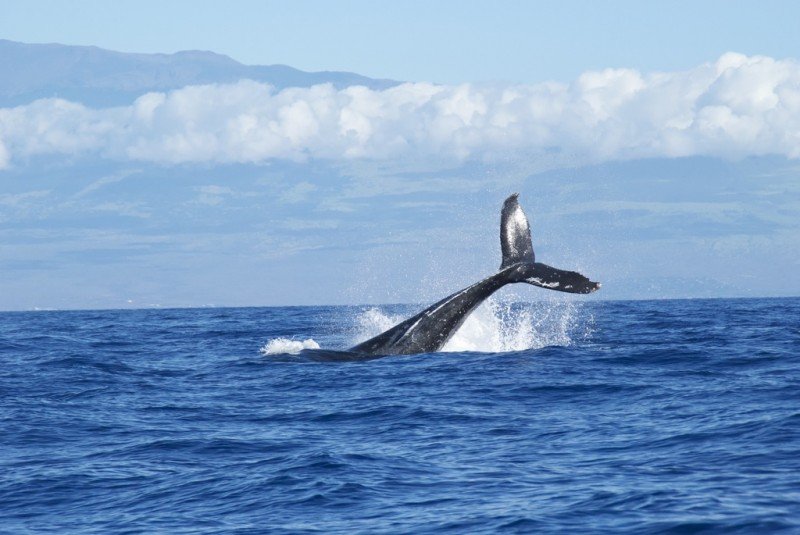
Protecting the resources is a matter of survival for the first nations that live on the on the remote pacific north coast of British Columbia.
For the communities that line the shore, the ocean is where they source their food and generate income. Without Bill C-48 safeguarding the land from the risk of an oil spill, thousands of years of sustainable development will be in danger.
The coastal first nations who inhabit the north pacific coast are oceans-based people; their culture is inextricably tied to the health of the coast and their water.
Simply put, these waters are their lifeblood.
By the numbers, on the north coast; there are 7,620 marine-dependent jobs in Coastal First Nations traditional territories. Current marine dependent economic activities generate 386.5 million dollars in revenue per year, broken down that number includes:
- Commercial fishing which generates 134 million dollars,
- The seafood processing industry which earns 88 million dollars,
- Marine tourism which earns 104 million dollars and
- Marine transportation which earns 22 million dollars along with many other industries that generate revenue.
It is not surprising that Coastal First Nations worry that a spill of crude or persistent oil in their waters would threaten the viability of a diverse fishing industry that sustains thousands of jobs in the area, from the fishermen themselves to processing plants along the region’s shores.
As we have seen with the Nathan E Stewart, marine economies are the cornerstone of the culture and economy for Coastal First Nations.
The consequences of an oil spill on this incredible coast would be long-lasting, devastating and have the potential to wipe out an entire economy dedicated to fishing.
Ultimately, it is the cultural inheritance of every First Nations child that would pay the cost of a spill most dearly. That is why I am dedicated to Bill C-48. As pressure mounts to take Canadian oil to tide water, I ask that we also consider the economies of the North Coast and the Coastal First Nations who rely on them.